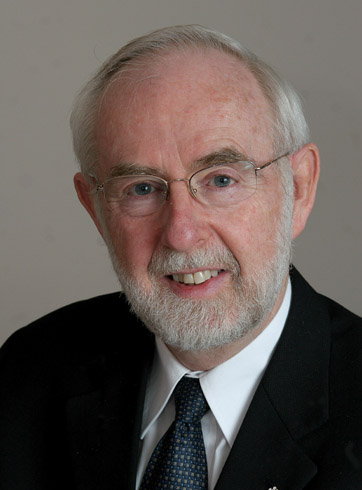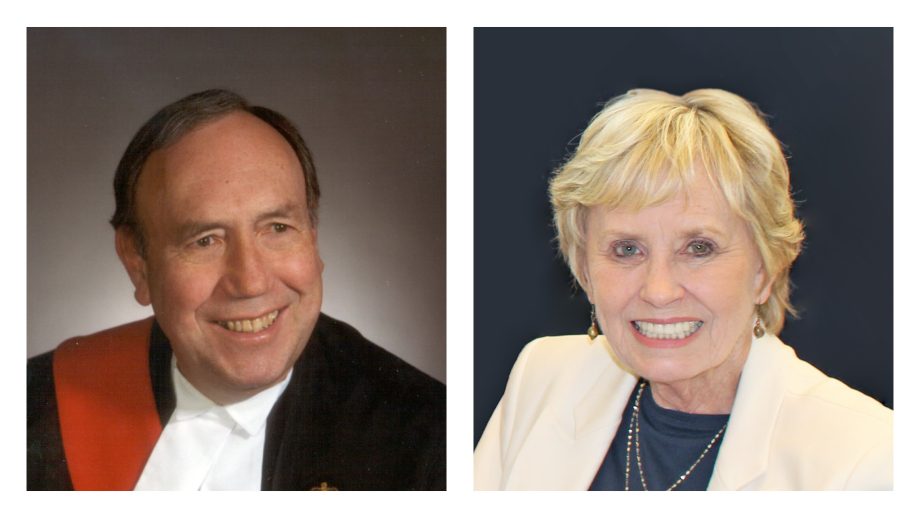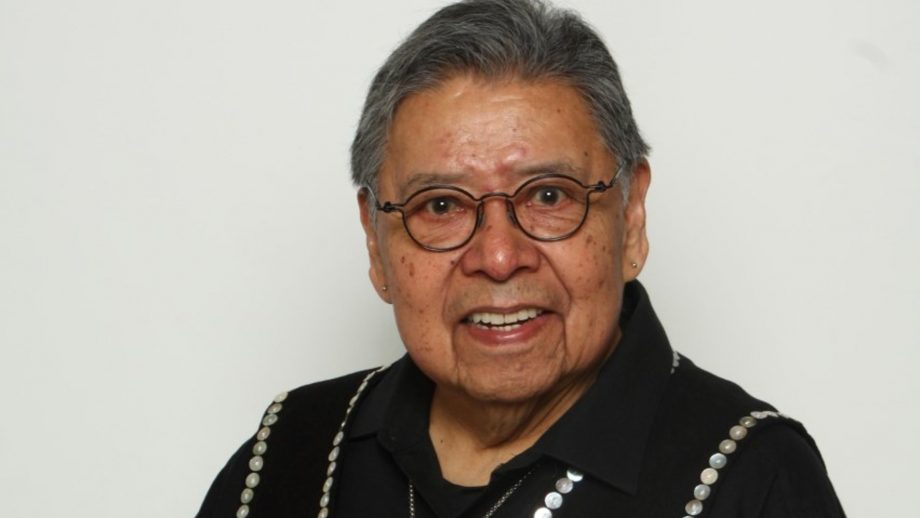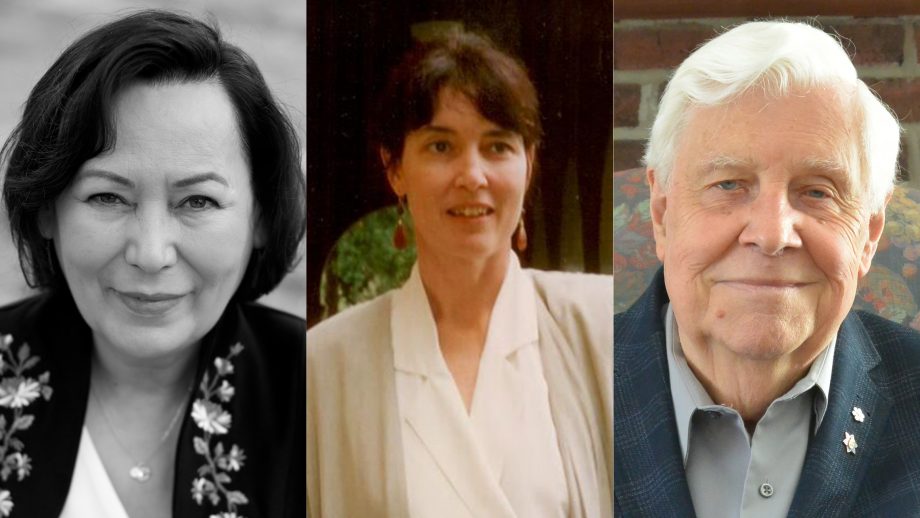Dr. Arthur B. McDonald, a Nobel Prize-winning astrophysicist with a reputation for inspiring leadership, collaboration, and technical innovation, will receive an honorary degree at the University of Winnipeg’s autumn convocation on Friday, October 18.
McDonald is renowned for his ground-breaking discovery that neutrinos (the tiniest subatomic particles in the universe) have mass — which led to a 2015 Nobel Prize in Physics, an honour he shares with Japanese physicist Dr. Takaaki Kajita.
As one of five Canadians to receive the Nobel Prize, and one of two whose work took place in Canada, McDonald’s research shattered the existing Standard Model of Particle Physics framework, providing new insight into how the universe evolves and confirming models of the sun that inform our understanding of the basic laws of physics.
“Dr. McDonald is one of the world’s top scientists, whose brilliant career exemplifies research and academic excellence. His warmth and humility underscore a collaborative leadership style that promotes discovery and helps others unlock their own potential,” said Dr. Annette Trimbee, UWinnipeg President, and Vice-Chancellor. “The University of Winnipeg is proud to recognize his significant achievements with an honorary degree.”
McDonald’s prestigious career began with a BSc and MSc at Dalhousie University, and a PhD at the California Institute of Technology. Over the years, he has mentored countless scientists, as a professor at Princeton University (1982-1989) and then at Queen’s University (1989-2013), where he is now professor emeritus.
Since 1989, McDonald has directed the Sudbury Neutrino Observatory (SNO), leading large, international scientific collaborations with an inclusive and communicative leadership style that encourages and inspires scientists at all levels.
UWinnipeg associate physics professor, Dr. Blair Jamieson, had the opportunity to work with McDonald while completing his post doc and recalls his unique ability to inspire collaboration.
“He is a superstar amongst physicists in Canada,” said Jamieson. “He has remarkable teambuilding skills and is always working toward consensus amongst the physicists working with him. He is also very modest, and quick to credit his Nobel Prize to collaboration and community partners who made the experiment possible.”
In addition to the Nobel Prize, McDonald has received numerous awards and recognitions for his work, including the Canadian Association of Physicists Medal for Lifetime Achievement, an NSERC Award of Excellence, a Gerhard Herzberg Canada Gold Medal for Science and Engineering, a Killam Prize in the Natural Sciences, and the Breakthrough Prize in Fundamental Physics.
While retired from teaching, he continues to be active in research and is a Companion of the Order of Canada, a Fellow of the Royal Society of Canada, and Fellow of the Royal Society of the UK and Commonwealth, to name a few.
In recognition of exceptional service, achievement, and distinction, The University of Winnipeg presents a variety of awards to deserving members of the University family and wider community twice annually at convocation. Find out more about 2019 Fall Convocation at uwinnipeg.ca/convocation





